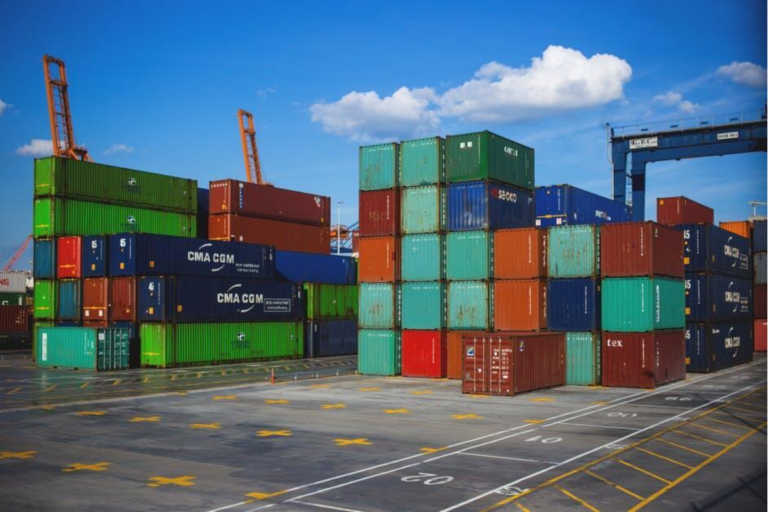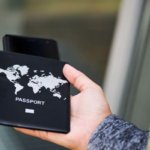Do you want to move your family abroad? If so, you are probably wondering what type of immigration pathway will be best for them.
There are many different types of immigration pathways that you can choose from depending on your family’s needs.
In this article, we discuss different types of immigration pathways to decide which is best for your situation.

Post Contents
Employment-Based Immigration
If you have a job offer in another country, you may be able to immigrate through an employment-based visa.
There are many different types of employment-based visas, and each one has its own set of requirements.
For example, the EB-I visa is for immigrants with extraordinary abilities in the arts, sciences, education, business, or athletics. Only three immigrants per year are allowed on this visa.
If you need to immigrate through an employment-based visa but do not have a job offer yet, then consider getting one before moving abroad so that your family can follow you shortly afterward.
It is also important to note that the spouse and children of employment-based immigrants can come with them, but they must have their visas.
Family-Based Immigration
If you have family members who are U.S. citizens or legal permanent residents, they may be able to sponsor your immigration through a family-based visa.
Many different types of visas depend on the relationship between the immigrant and their sponsor, so it is crucial to speak with an immigration attorney about which one is best for your situation.
For example, the F-I visa is for immigrants with an immediate relative in Australia, such as a parent or spouse.
The number of visas given out every year is limited by country and category, so it can take several years to get approved depending on how many other people are applying at the same time that you are.
It is important to note that the spouse and children of family-based immigrants are allowed to come with them, but they must have their visas.
Humanitarian Immigration
If you are in danger in your home country, you may get a humanitarian visa. There are many different types of humanitarian visas, and each one has its own set of requirements.
For example, the U-Visa is for victims of crimes who have suffered physical or mental abuse and are willing to help law enforcement officials investigate or prosecute criminal activity.
You can also get a U-Visa if you are under 18 and have been abandoned by your parents as well as victims of trafficking (sexually exploited/forced labor).
Once granted, the U-V Visa is valid for four years, and you will be able to work to support your family.
Refugee Status
If you are not in danger but still cannot return to your home country for fear of persecution, consider applying for refugee status.
There is an annual limit on how many refugees can be admitted into Australia every year, and it varies depending on which country they come from and their age and gender.
Whether you are already in Australia or still living in your home country, you can apply.
If you are granted refugee status, you and your family will live in Australia indefinitely. You will also have access to government benefits such as food stamps, public housing, and Medicaid.
K-Visa
If you are the fiancé or spouse of a U.S. citizen, then consider applying for a Fiancé Visa (K-Visa). Both partners must have physically met in person within two years before filing their paperwork together to be eligible for this visa.
You will need to prove a real relationship between you and your sponsor, so provide photos together, joint bank statements.
Once you have been approved for the K-Visa, you will be able to come to Australia and get married.
After marriage, you will need to file a petition with USCIS to switch to a permanent resident visa. Your spouse will also need to file a petition for you to sponsor your immigration later on.
E-Visa
If you come to Australia for business purposes, consider applying for an E-Visa.
This visa allows entrepreneurs and investors from certain countries (Australia, Chile, Singapore) to come into the U.S. to start a new company or buy/invest in one that is at least 51% American-owned.
O-Visa
If you are an athlete, artist, or entertainer and want to perform in Australia, consider applying for an O-Visa.
To qualify as a performer, you must prove that your work is internationally recognized (won awards/recognition from critics) and show proof of commercial success such as box office receipts.
If you are an athlete, your sport must be professionally recognized by Australia or an international sports federation/body.
You will also need to prove that you have practiced as a member of your team for at least one year before applying and show proof of being internationally ranked to qualify.
For more information on visas, please visit the Australian Immigration Agency.





























